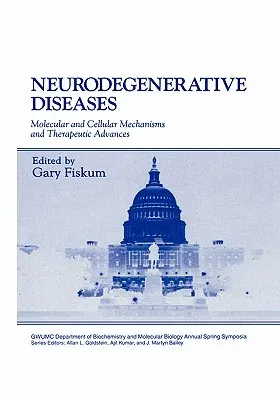Neurodegenerative Diseases: Molecular and Cellular Mechanisms and Therapeutic Advances (1996)Hardcover - 1996, 30 April 1996

Qty
1
Turbo
Ships in 2 - 3 days
In Stock
Free Delivery
Cash on Delivery
15 Days
Free Returns
Secure Checkout
Part of Series
Gwumc Department of Biochemistry and Molecular Biology Annua
Part of Series
Language of Science
Print Length
482 pages
Language
English
Publisher
Springer
Date Published
30 Apr 1996
ISBN-10
0306452987
ISBN-13
9780306452987
Description
Product Details
Book Edition:
1996
Book Format:
Hardcover
Country of Origin:
US
Date Published:
30 April 1996
Dimensions:
25.4 x
17.78 x
2.57 cm
ISBN-10:
0306452987
ISBN-13:
9780306452987
Language:
English
Location:
New York, NY
Pages:
482
Publisher:
Weight:
857.29 gm

